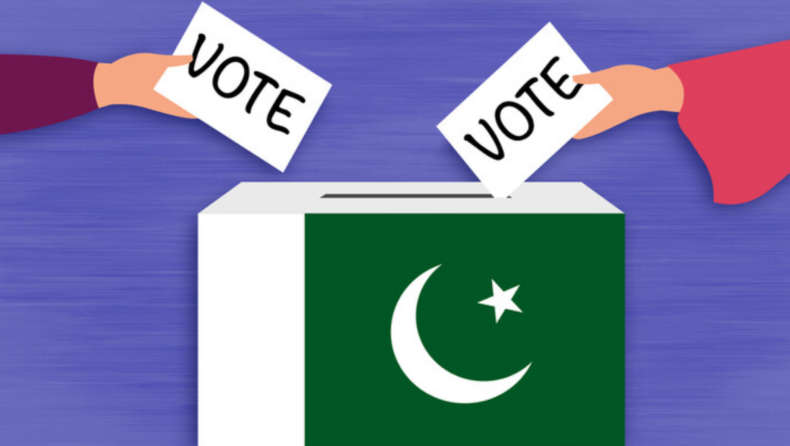The Pakistan Muslim League-led government, along with all allied parties and Pakistan Tehreek-e-Insaf might start talking about a fresh date for general elections. Pakistan hold elections in October

Fresh elections are much needed to restrain the ongoing political and economic disorder. The recent bye-elections of the Punjab Assembly (20 seats) managed to provide further shocks to the political and economic systems. The results were not entirely unexpected.
During the elections, a virtual consensus that the ruling Pakistan Muslim League Nawaz (PMLN) would occupy the majority of the seats. The real argument was related to the margin and the scale of victory. But going contrary to the predictions, the PMLN managed to occupy only four seats, out of 20.
The former PM Imran Khan, who was overthrown with a no-confidence motion, recently in April, made a comeback with 15 seats, with significant margins. He holds the opinion that he now has people’s mandate for his demand of an early general election. Pakistan holds elections in October.
“There is only one way [to rid the country of political instability] … free and fair election. When they were removing me, I had announced general elections but the courts overturned my decision. I still believe it was the right call,”
-Former PM Imran Khan
Why are bye-elections important?
The elections are important to the fate of the Hamza Shahbaz-led PMLN government in Punjab as well as the federal government of his father in Islamabad. Another important question closely linked to the federal government is of the Pakistan Army chief. The extension of current Army Chief Gen Bajwa or the appointment of a new one, both, completely depends on the political scenario in the country.
However, the most important aspect is the nation’s economy’s future, Pakistan holds elections in October. The country needs political stability to take tough economic measures to stop the further meltdown of the economy.
Pakistan’s stability depended quite on the bye-elections. However, the results brought the worst nightmares into reality. On paper, the government loss in Punjab does not affect the federal government and its survival. But politically and administratively, both, makes it extremely difficult, to run the federal government.
The efforts to ensure Hamza’s survival are underway. Currently, Hamza survived with the help of constitutional and judicial technicality. But the chances of things falling out of control are quite high.
If the army intervenes, whether indirectly or even directly, it will come with its own economic, political, and diplomatic consequences, inclusive of sanctions- that may trigger the economic meltdown of the country.
Politicians, who previously stood with PMLN to get into power are not rethinking their stands. There are whispers of discontent already floating from the inside of the ruling coalition government.
The meltdown of Pakistan’s Economy: Pakistan hold elections in October
Within a week of the bye-elections results, the Pakistani rupee is being traded at 230. This shows the already weakening of the Pakistani rupee. To address the fall of the rupee, the release of funds to importers has been stopped by the State Bank of Pakistan.
Pakistan has been downgraded by the international credit rating agencies, making commercial loans more difficult to get. A default is anticipated by international financial markets.
A record high of 33% price inflation is seen for the essential commodities. With the fall of the rupee, fuel prices are expected to rise further and add to more inflation.

Way forward:
The impending economic collapse remains a sideshow, while the main focus is on the political tug-of-power.
The unfolding situation in Pakistan serves many lessons for India. The window for re-engaging with Pakistan seems to be closed. No political heft remains to engage substantively with India. Rather than engaging in fruitless engagements, India must utilize its resources and prepare for security, strategic and diplomatic fallouts of much predicted Pakistan’s economic collapse.












